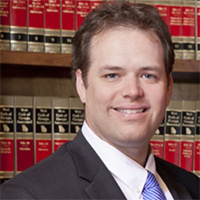Augusta Estate Lawyer, Georgia
Sponsored Law Firm
-
 x
x

Click For More Info:
-
Faulkner Law Offices, LLC
331 Washington Avenue Marietta, GA 30060» view mapEstate Law Plan For Your Future In Life And Business
Let Stan Faulkner, lead counsel at Faulkner Law Offices, help with your family's estate plan or business law strategy. He can streamline the entire legal process for you.
800-793-1121
Richard Hays Goolsby
✓ VERIFIEDDivorce & Family Law, Criminal, Wills & Probate, Accident & Injury
Richard Hays Goolsby, Jr. currently practices law in both Georgia and South Carolina and is a proud member of both bar associations. Richard, Jr. foun... (more)
Amanda Medlin Bellotti
Lawsuit & Dispute, Estate, Divorce & Family Law, Personal Injury
Status: In Good Standing
Aubrey C. Rhodes
Estate Planning, Estate, Criminal, Business
Status: In Good Standing Licensed: 47 Years
Berry Michael Arrington
Estate, Criminal, Insurance, Accident & Injury
Status: In Good Standing Licensed: 41 Years
Brandon Kenneth Dial
Estate, Divorce & Family Law, Accident & Injury
Status: In Good Standing Licensed: 17 Years
Brandon David Elijah
Estate, Elder Law, Civil & Human Rights, Business
Status: In Good Standing Licensed: 15 Years
 AboutFaulkner Law
AboutFaulkner Law Practice AreasExpertise
Practice AreasExpertise

